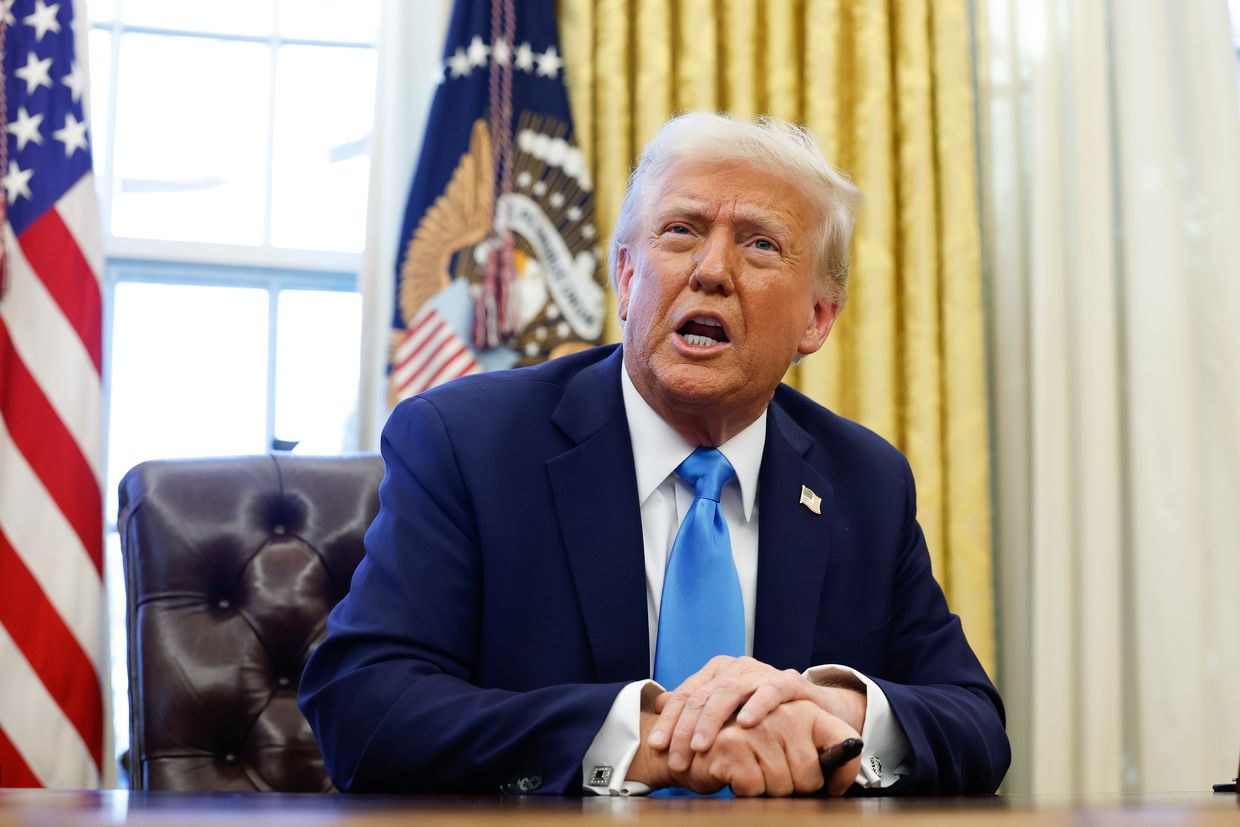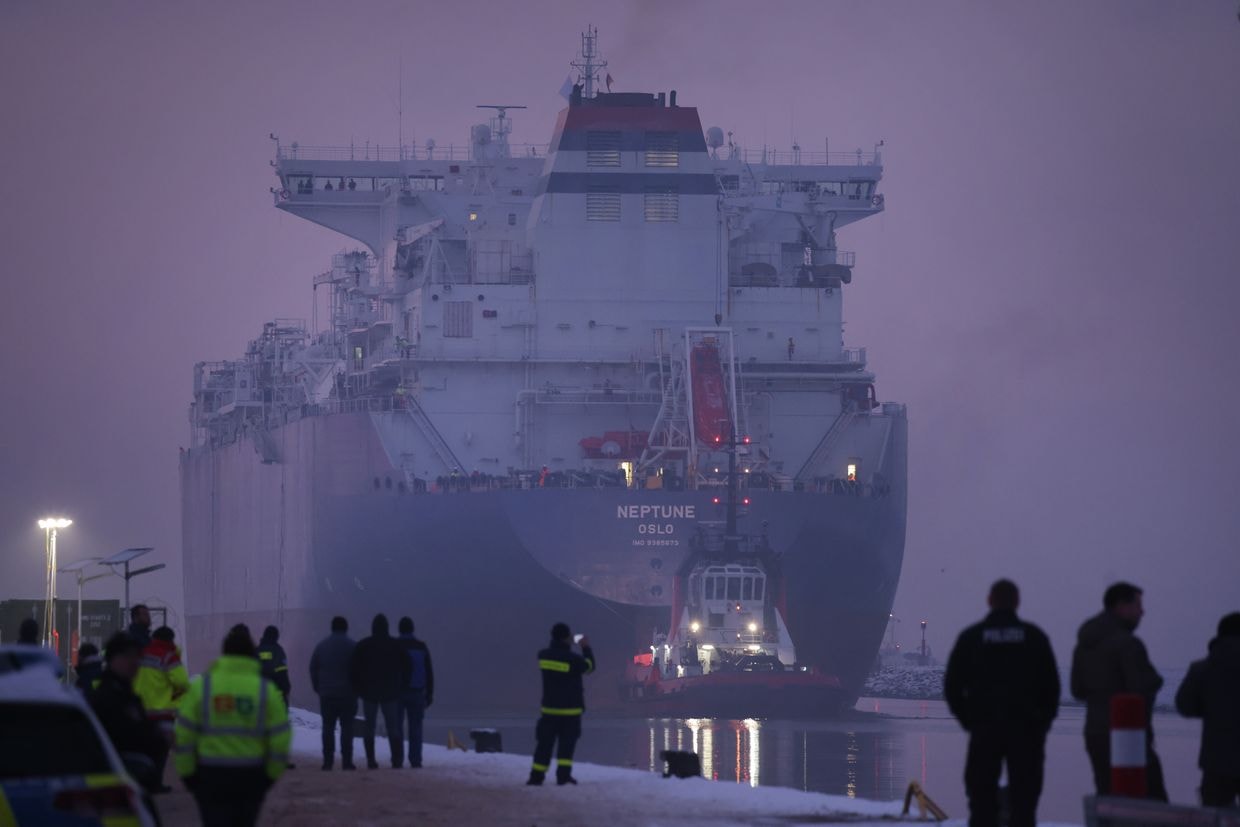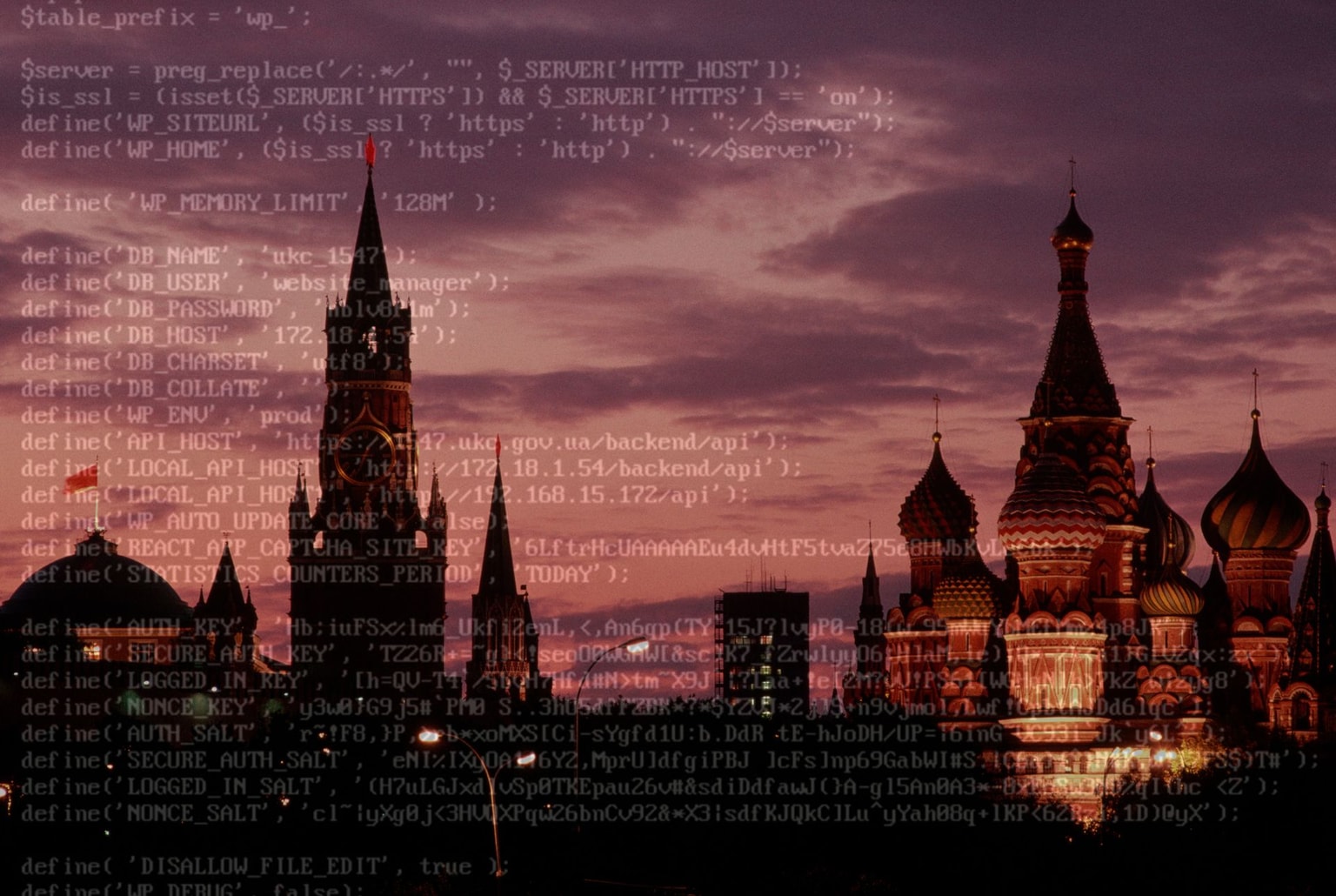Canada opposes Russia's return to G7, vows to 'stand its ground,' ambassador says

Canada, which currently chairs the Group of Seven (G7), opposes Russia's return to the format, Canadian Ambassador to Ukraine Natalka Cmoc said on Feb. 21.
"Canada is not ready for a change in the membership of the G7 and is standing its ground," she said at the Kyiv Security Forum's event marking three years since Russia's full-scale invasion.
Her remarks follow U.S. President Donald Trump's statement on Feb. 13 that he would "love" to see Russia readmitted to the G7, calling its 2014 expulsion a "mistake."
Cmoc stressed that the G7 should strengthen support for Ukraine and increase diplomatic, financial, and economic pressure on Russia. She emphasized the need to lower the oil price ceiling, expand sanctions to new sectors, and close loopholes that allow their circumvention.
Russia was expelled from the then-Group of Eight (G8) in 2014 following its illegal annexation of Crimea. Since the start of the full-scale war, G7 countries have provided Ukraine with substantial military and financial aid.
The Financial Times reported that U.S. officials are opposing the use of the phrase "Russian aggression" in a planned G7 statement commemorating the third anniversary of Russia's full-scale war.
Traditionally, G7 leaders issue a joint declaration on Feb. 24 reaffirming support for Ukraine, but U.S. envoys have reportedly objected to language that explicitly blames Russia.
Trump's statements have raised concerns in Kyiv and among European allies about Washington's shifting position on the war, particularly after the U.S. held direct talks with Russia in Saudi Arabia on Feb. 18 without Ukraine's participation.
Trump has also made multiple false claims about Ukraine in recent days, including calling Zelensky a "dictator" and accusing him of refusing to hold elections.
His remarks ignore the fact that Ukraine's constitution prohibits elections during martial law, which has been in place since Russia launched its full-scale invasion in 2022.
EU Ambassador to Ukraine Katarina Mathernova reaffirmed that Europe does not insist Ukraine hold elections under martial law, emphasizing that Ukraine's constitution regulates the matter.
"All the reasons that led to the introduction of martial law remain in force," she said.
Kremlin propaganda has pushed the narrative that Zelensky is an illegitimate leader, falsely claiming that his first presidential term was set to end on May 20, 2024.














